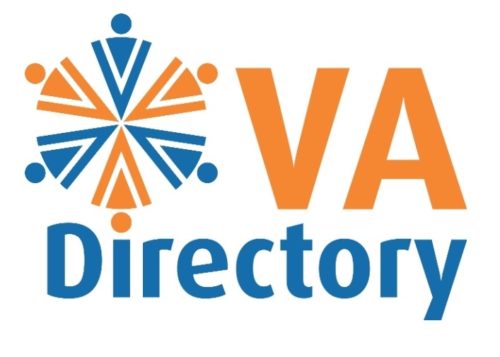It’s hard enough educating the public about this. But when those who call themselves virtual assistants or VAs start calling themselves employees too, no wonder the clients get confused! This directly relates to a recent comment I saw on a blog about Virtual Assistants by someone who calls themself a Virtual Assistant.
No-one interprets an accountant, lawyer, plumber, financial planner, electrician or other service provider as an employee so why the confusion about Virtual Assistants?
Perhaps it’s because of the type of service provided? Office based, replacing in-house secretarial and admin support that traditionally was an employee-based role. But there is a vast difference.
Virtual Assistants look after more than one client. They invoice the client for the work carried out. They pay their own taxes, insurances, and purchase their own hardware, software and office furniture – they work in their own offices for the most part. They also decide what rates they are charging.
Employees are engaged at rates set by their boss or employing company, their taxes, insurances and other overheads are usually looked after and they do not invoice the client direct. They might be sub-contracted out to a few clients of the company, but they are employees and get paid by the agency or company – not directly by the client.
There are several remote virtual staffing agencies out there now but their staff should not be confused with a Virtual Assistant who is a business owner in their own right.
There is room out there for both types of service providers but it’s important for clients to know there is a difference in the way the businesses are run and who provides the services.

Stacy Brice says
.Right on, Kathie! It’s really sad that any of us has to keep singing this particular tune, too.
And let’s not forget teams (at least in the US and Canada) where the team organizer/leader treats the team members as employees (for example–setting the pay, specifying the invoicing and payment procedures, directing that they work a certain way and at a certain time). They may have agreements that say the VAs are 1099 contractors, but you can’t “contract” to violate the law.
I’m obviously not saying that all teams are operating illegally, but I know many of them are…and my point is that we shouldn’t confuse those participating in them for self-employed VAs, either.
Kathie Thomas says
Thanks for dropping by Stacy – so good to see you here! I agree.
I work with a team BUT they are all self-employed members of my network who call their own shots, set their own rates and decide which clients they’d like to work with. I just give them a helping hand or guide when they need it. And their tax forms are between them and the tax dept – I don’t get involved in that either.
Himaya says
i guess the confusion lies with this new venue of business. and some people don’t get it.
Debbie Barth says
Thanks for all the great information Kathie. I find that I am interested in finding out more about Virtual Assistants (as if I don’t have enough to do), and I definitely know who to come to for information!
Beverly Mahone says
I never thought of a VA as an employeefor the very things you mentioned…
“They pay their own taxes, insurances, and purchase their own hardware, software and office furniture – they work in their own offices for the most part. They also decide what rates they are charging.”
VA’s who only think of themselves as employees are probably also cluesless about what an Entrepreneur really is all about.
Eileen Williams says
Thank you for making the role of an independent VA so clear. I agree with Beverly. I never have considered VAs as employees, however, I can understand that many people may under certain circumstances.
Your profession is relatively new and it is great that you are out there educating us on the services and professional roles you provide. I, for one, am amazed by all you do!